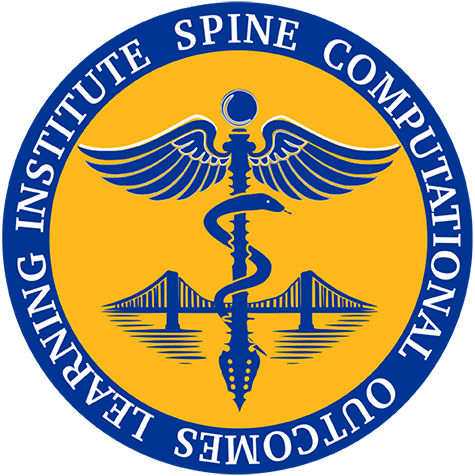 The Spine Computational Outcomes Learning Institute (SCOLI), co-directed by Nitin Agarwal, MD, and D. Kojo Hamilton, MD, is a research organization dedicated to advancing neurosurgical patient care using cutting-edge clinical and translational science.
The Spine Computational Outcomes Learning Institute (SCOLI), co-directed by Nitin Agarwal, MD, and D. Kojo Hamilton, MD, is a research organization dedicated to advancing neurosurgical patient care using cutting-edge clinical and translational science.
SCOLI's primary mission is to develop innovative therapies that can improve the lives of those suffering from spinal conditions. Its multidisciplinary approach combines neurosurgery, biomedical engineering, physiatry, and pain management to enable a comprehensive understanding of complex spinal disorders.
In addition to its research endeavors, SCOLI is a center for education and collaboration. It frequently hosts workshops, seminars, and conferences to share knowledge and insights. It also fosters researchers at all training levels, from undergraduate to post-doctoral students.
Our primary areas of interest include degenerative spine disease, spinal cord injury, and spinal deformities.
Research Domains
Socioeconomics and Education
Our team is investigating the link between socioeconomic factors, education, and outcomes in spine health. We aim to address care disparities and understand how socioeconomic status and health literacy impact treatment success in spine disorders. Through interdisciplinary research, we develop strategies to improve patient education, decision-making, and healthcare equity. Our goal is to enhance access and outcomes for spine disorder patients, promoting better health and quality of life across diverse groups.
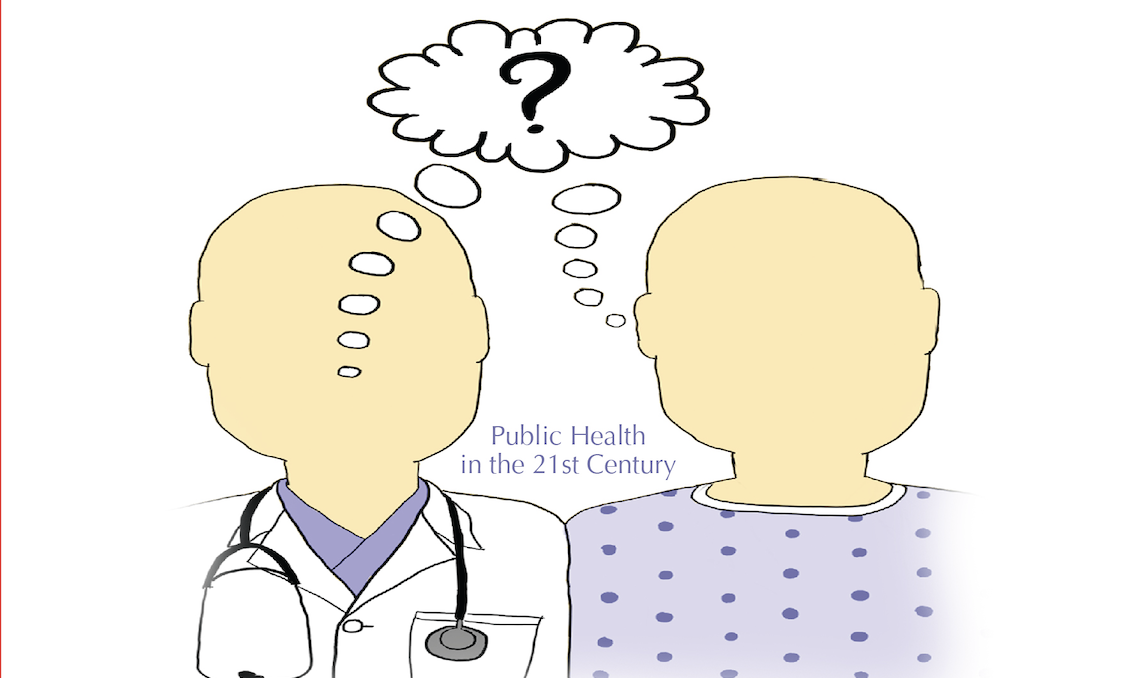
Intelligent Metamaterial Implants
Despite technological advancements, spine surgeries can still face complications like failed healing, screw loosening, or infections. In collaboration with Amir Alavi, PhD, we are developing innovative spinal implants made from metamaterials. These materials are unique because their properties are designed rather than inherent, allowing for precise control over their behavior. They can sense forces, transmit data, and provide electrical stimulation to aid healing. Our research explores how these advanced implants can improve bone fusion and address common surgical challenges.
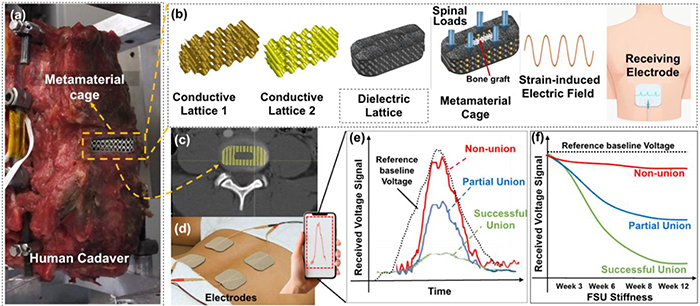
Diffusion Basis Spectrum Imaging (DBSI) to Detect Occult Neurological Injury
Working with Sheng-Kwei Song, PhD, we are employing Diffusion Basis Spectrum Imaging (DBSI) to detect spinal cord injuries that are not visible with traditional imaging methods. DBSI offers a detailed view of the spinal cord's internal structure, identifying tissue damage and inflammation types. This technique is crucial for uncovering hidden injuries, providing critical information for early intervention, and potentially improving patient outcomes.
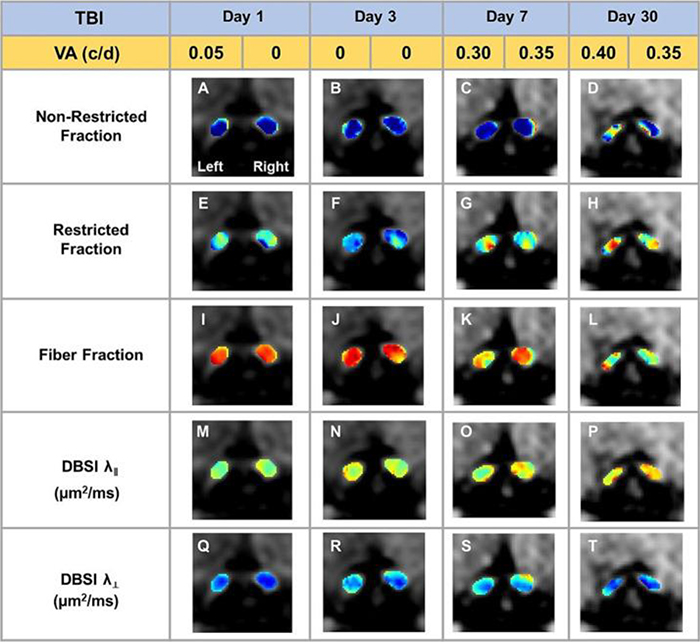
Biomarkers for Cervical Spine Disease
This ongoing study investigates how specific serum markers relate to the progression of cervical spondylotic myelopathy (CSM), a common condition causing spinal cord compression and neurological deficits in older adults. We are focusing on the neural cell adhesion molecule (NCAM) to understand its role in CSM stages and its potential to guide treatment decisions.
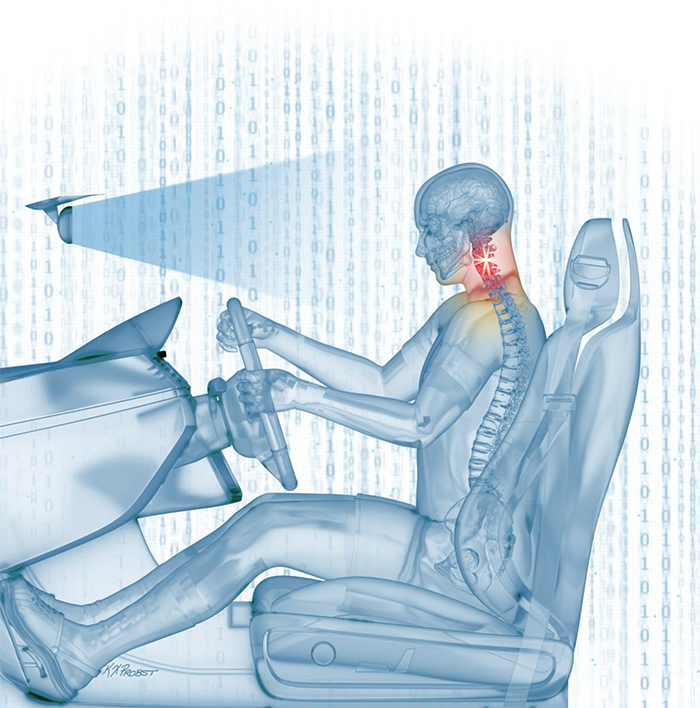
Optimizing Patient Parameters for Spine Surgery
Our laboratory is investigating the molecular signaling mechanisms within the musculoskeletal system to offer tailored therapeutics for elderly patients experiencing degenerative musculoskeletal conditions undergoing corrective spinal procedures. We are concentrating on innovative therapeutic strategies that have demonstrated potential in enhancing musculoskeletal substrate, with the goal of enhancing procedural success and long-term recovery.
Patient Education
We proudly host a support group for spine patients and their loved ones, offering a compassionate space to connect and share. Our quarterly meetings are an opportunity to exchange personal experiences, explore coping strategies for navigating life during and after treatment, and gain insights from leading experts in clinical care, research, and more. These gatherings are not just about discussing challenges but also about fostering a sense of community and support. To make these meetings even more welcoming, we provide refreshments and offer discounted parking, ensuring your focus remains on healing and connection.
The Spine and Scoliosis Patient Support Group meets every quarter on a Thursday at 6:30 p.m. To learn more and RSVP, click this link or contact Karen Hlavac at hlavackp@upmc.edu.
Student Education
We have weekly collaborative research meetings with faculty, fellows, residents, and medical students. Meetings are held in person every Friday at 6:00 p.m. (a virtual option is available). Faculty provide guidance on research projects and dedicated mentorship for successful neurosurgery residency applications. Interested individuals should contact Karen Hlavac at hlavackp@upmc.edu to receive the weekly research meeting invite.
Research Fellowship
SCOLI is delighted to introduce a research fellowship in spine surgery, meticulously led by Drs. Agarwal and Hamilton. This prestigious fellowship offers advanced training in groundbreaking research focusing on spinal procedures.
This paid two-year fellowship is designed as an immersive, full-time program for individuals interested in pursuing a residency in neurological surgery. It presents a unique opportunity for fellows to immerse themselves in the forefront of minimally invasive and robotic spine surgery techniques and novel diagnostic testing for spinal pathologies.
As a fellow within this program, you will have the unparalleled opportunity to contribute to and help shape the leading research publications under the guidance of the University of Pittsburgh's esteemed faculty. Fellows will actively present their research findings at professional conferences, author publications, and engage in the myriad of other enriching activities we offer.
Requirements:
- Step 1 and Step 2 completed
- Prior research experience
- Minimum two-year commitment
- Two faculty letters of recommendation (neurosurgical faculty preferred)
To apply, please email scoli@upmc.edu. For more information, contact the senior research fellow, Raj Swaroop Lavadi, MBBS, at lavadirs@upmc.edu.
Location
SCOLI is located on the 4th floor of UPMC Presbyterian in Suite B-400.
Contact
For general questions or contributions, please email scoli@upmc.edu.
